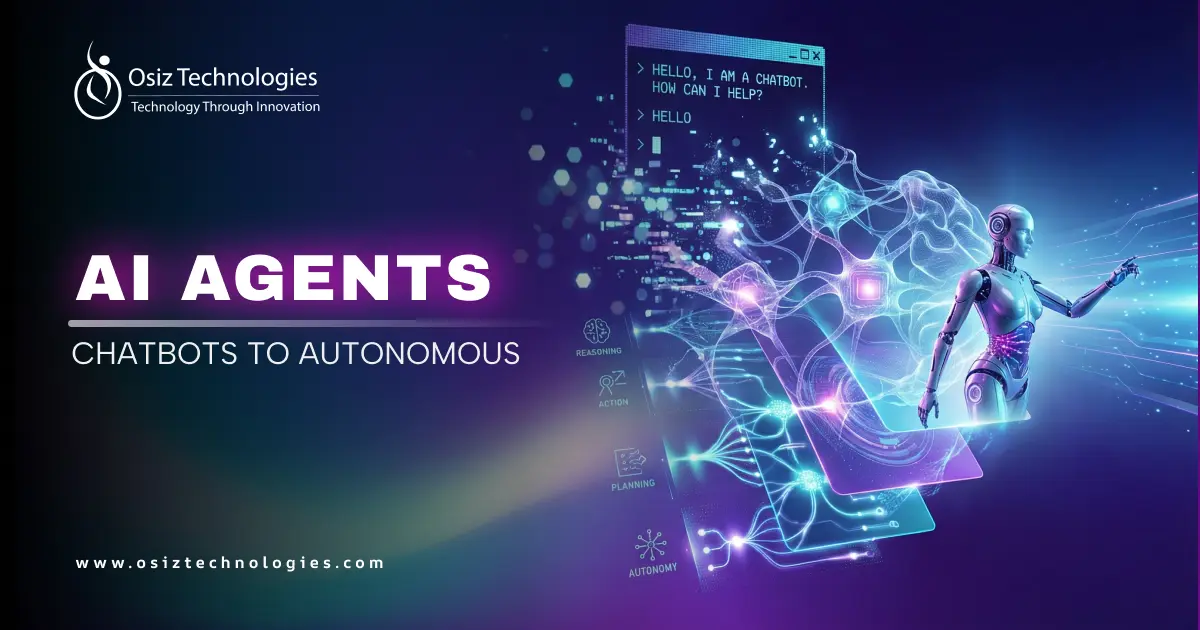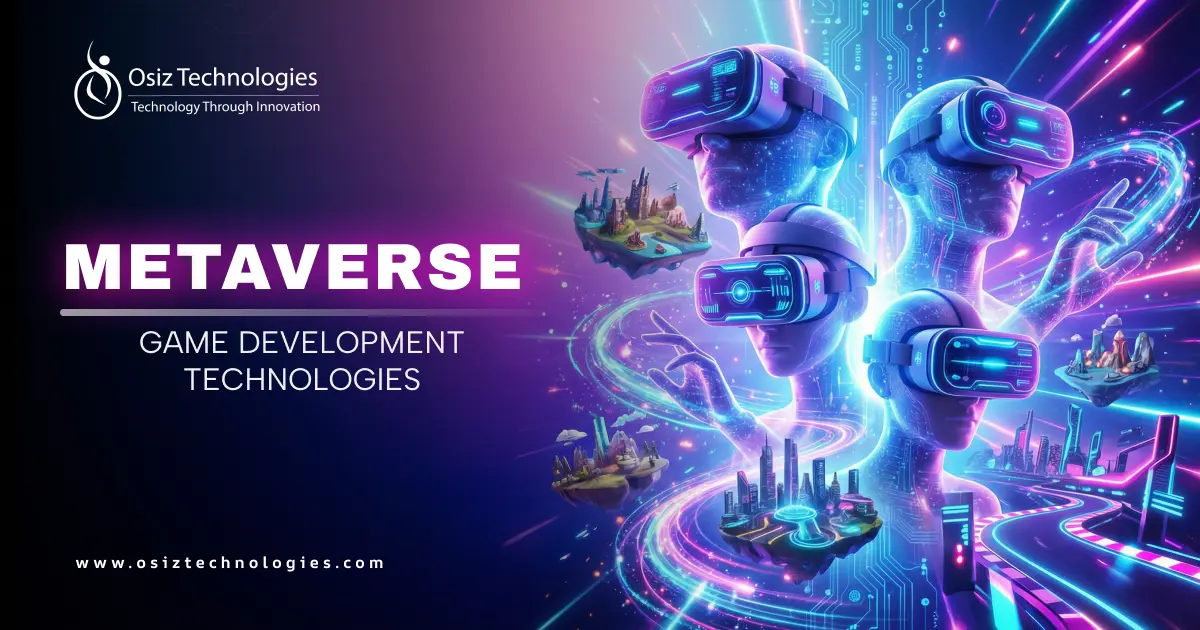Artificial Intelligence, a revolutionary domain is emerging: Emotional AI. This technology bridges the gap between human emotions and machine intelligence, enabling empathetic and effective interactions. Emotional AI is poised to transform how we interact with technology and elevate industries to unprecedented heights by understanding, interpreting, and even replicating human emotions.
What is Emotional AI?
This is also known as affective computing, Emotional AI is a branch of artificial intelligence that develops systems capable of recognizing, interpreting, processing, and simulating human emotions. By analyzing inputs such as facial expressions, voice tones, and physiological signals, these systems can provide responses that mirror human empathy.
Key technologies underpinning Emotional AI include:
-
Machine Learning (ML): ML models analyze vast datasets of emotional expressions to identify patterns and predict emotional states.
-
Natural Language Processing (NLP): NLP algorithms detect emotional cues in text and speech through word choice, tone, and sentence structure.
-
Computer Vision: This technology uses facial recognition and emotion detection software to analyze visual inputs like facial expressions and body language.
-
Physiological Signal Processing: Sensors capture physiological signals, such as heart rate and brain activity, offering additional emotional context.
Emotional Intelligence: A Foundation for Emotional AI
Emotional intelligence, as defined by psychologist Daniel Goleman, forms the backbone of Emotional AI. The five critical domains of EI include:
-
Self-Awareness: Recognizing and understanding one’s own emotions.
-
Self-Regulation: Managing disruptive emotions and impulses effectively.
-
Motivation: Using emotions to pursue goals with persistence.
-
Empathy: Understanding the emotions of others.
-
Social Skills: Managing relationships to influence and guide others positively.
By replicating these domains, Emotional AI creates machines capable of empathetic and human-like interactions.
How Does Emotional AI Work?
Emotional AI combines elements of psychology, cognitive science, and computer science to simulate human emotional responses. Its functionality involves several steps:
-
Data Collection: Systems gather data from text, voice, facial expressions, and physiological signals.
-
Emotion Detection: Machine learning models analyze data to detect emotional states such as happiness, sadness, anger, or surprise.
-
Emotion Interpretation: AI interprets emotions within the interaction context, determining potential causes behind them.
-
Response Generation: Systems generate empathetic responses in text, speech, or visuals, aligning with the user’s emotional state.
Applications of Emotional AI
Emotional AI is making significant inroads across various industries, transforming interactions and improving outcomes. Key applications include:
Healthcare
Emotional AI enhances patient care by providing insights into emotional well-being. For instance, AI-driven tools can detect stress or depression through facial expressions and voice tones, enabling healthcare providers to deliver personalized care. Wearable devices with sensors can continuously monitor physiological indicators of emotional states, offering proactive mental health interventions.
Customer Service
Emotional AI chatbots analyze text and voice inputs to detect emotions like frustration or satisfaction. These chatbots tailor their responses to address customer needs empathetically, improving satisfaction and loyalty. By studying customer sentiments, companies can refine their strategies to lower effort scores and elevate customer experiences.
Education
Emotion AI apps in educational settings support students by identifying stress or anxiety. These tools offer timely interventions and resources, fostering a healthier and more supportive learning environment.
Personal Development
Emotion AI apps provide feedback on emotional states, helping users manage stress and improve emotional regulation. These apps promote well-being by suggesting personalized strategies for coping and growth.
Corporate and Workplace
Companies like Affectiva and Cogito use Emotional AI to enhance employee interactions and workplace dynamics. These tools analyze employee emotions, aiding managers in addressing concerns and fostering productivity.
Transforming Customer Service with Emotional AI
Osiz, an AI-powered contact center solution, exemplifies the transformative potential of Emotional AI in customer service. By recording, transcribing, and analyzing customer interactions, Osiz detects emotions in real-time, providing agents with actionable insights. This enables agents to respond empathetically, improving customer satisfaction and loyalty.
With Osiz, businesses can:
-
Enhance agent performance through personalized coaching.
-
Elevate customer experiences by aligning responses with emotional states.
-
Increase overall satisfaction by fostering meaningful interactions.
The Future of Emotional AI
As technology evolves, Emotional AI is set to become more accurate and versatile. Advances in machine learning, NLP, and computer vision will drive the development of systems that seamlessly integrate into everyday applications. Emotional AI will enhance user experiences across industries, creating more intuitive and emotionally aware interactions.
The future of Emotional AI lies in its ability to:
-
Revolutionize human-computer interaction by fostering deeper connections.
-
Improve outcomes in healthcare, education, and customer service.
-
Promote well-being and personal growth through emotionally intelligent tools.
Conclusion
Emotional AI stands at the crossroads of technology and human emotion, offering transformative potential across industries. By integrating emotional intelligence into AI systems, we can create more personalized, empathetic, and effective interactions. From enhancing patient care to revolutionizing customer service, Emotional AI represents the next frontier in human-machine collaboration.
As Emotional AI continues to evolve, its impact will resonate across every aspect of our lives, paving the way for a future where technology truly understands and responds to human emotions. Now is the time to embrace this groundbreaking innovation and explore how it can unlock new possibilities with Osiz, the leading AI Development Company for your business.
Listen To The Article












